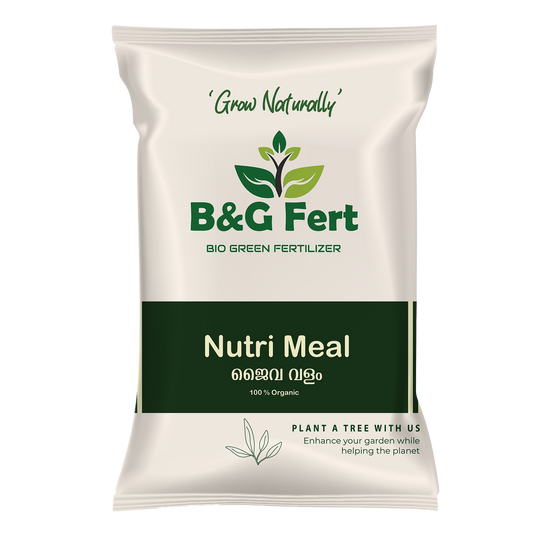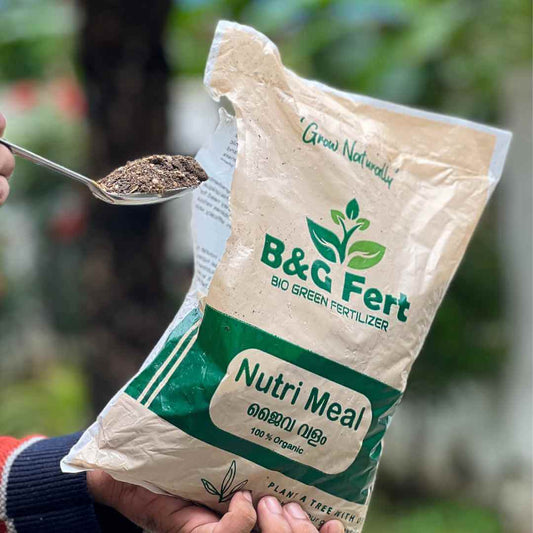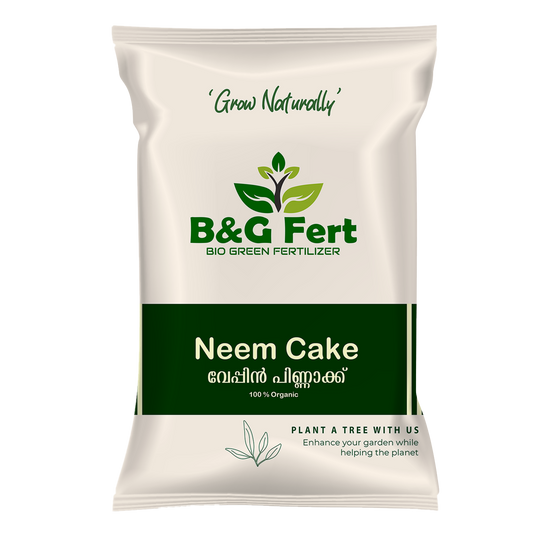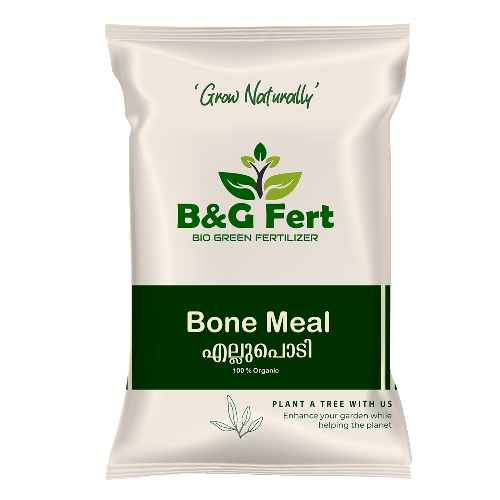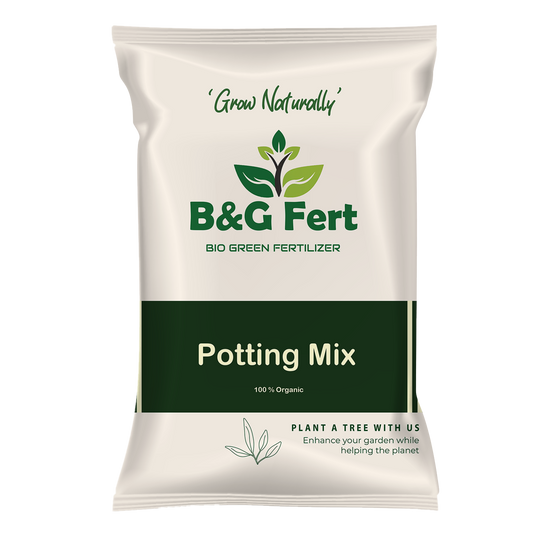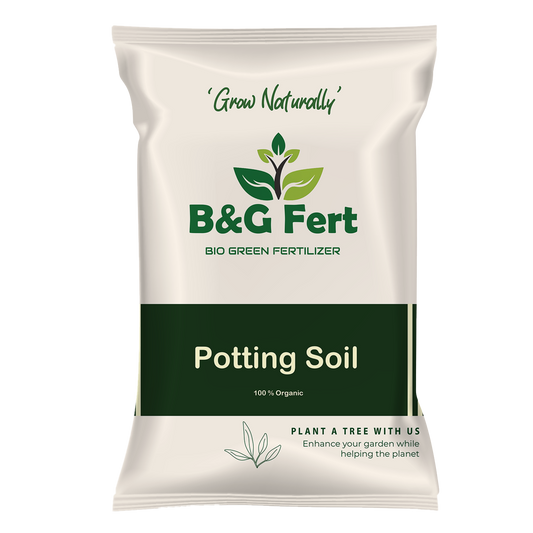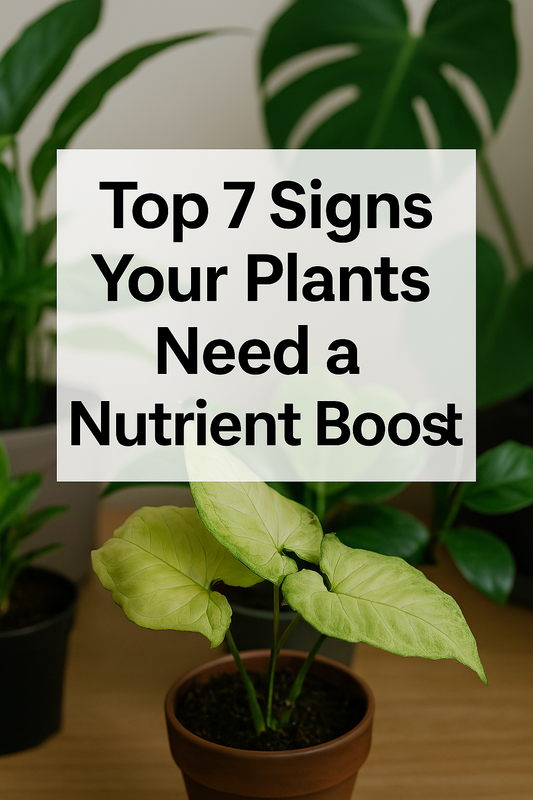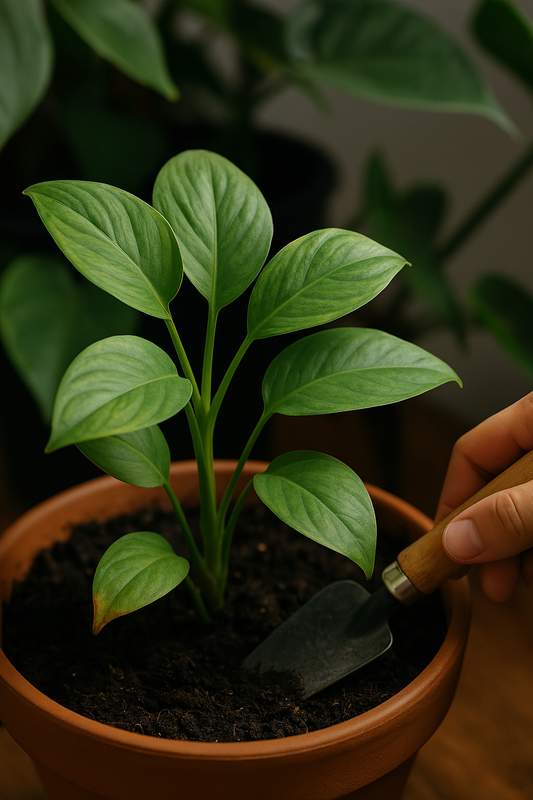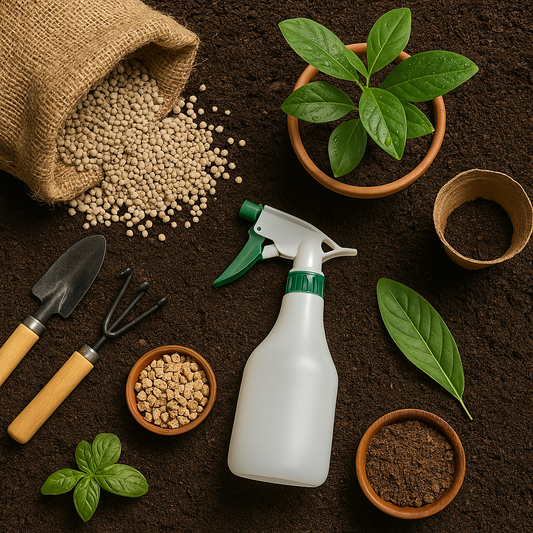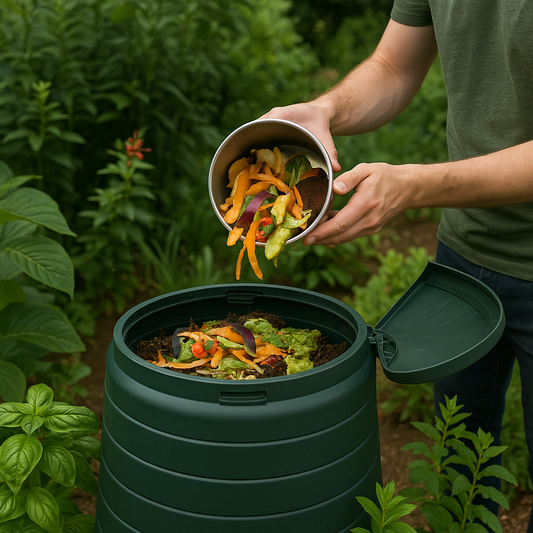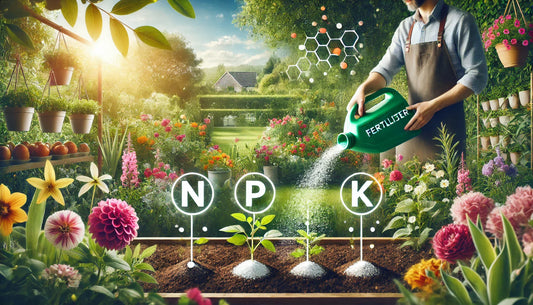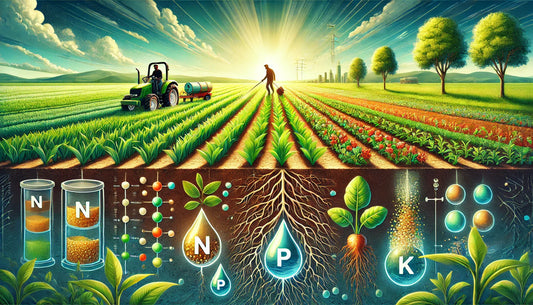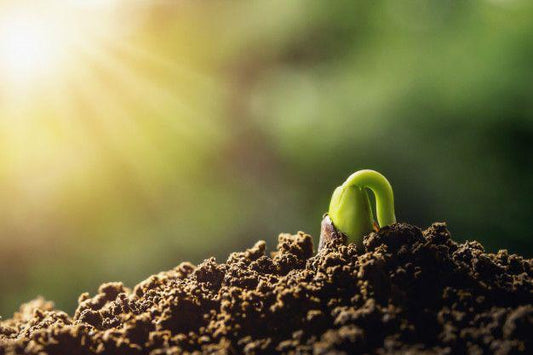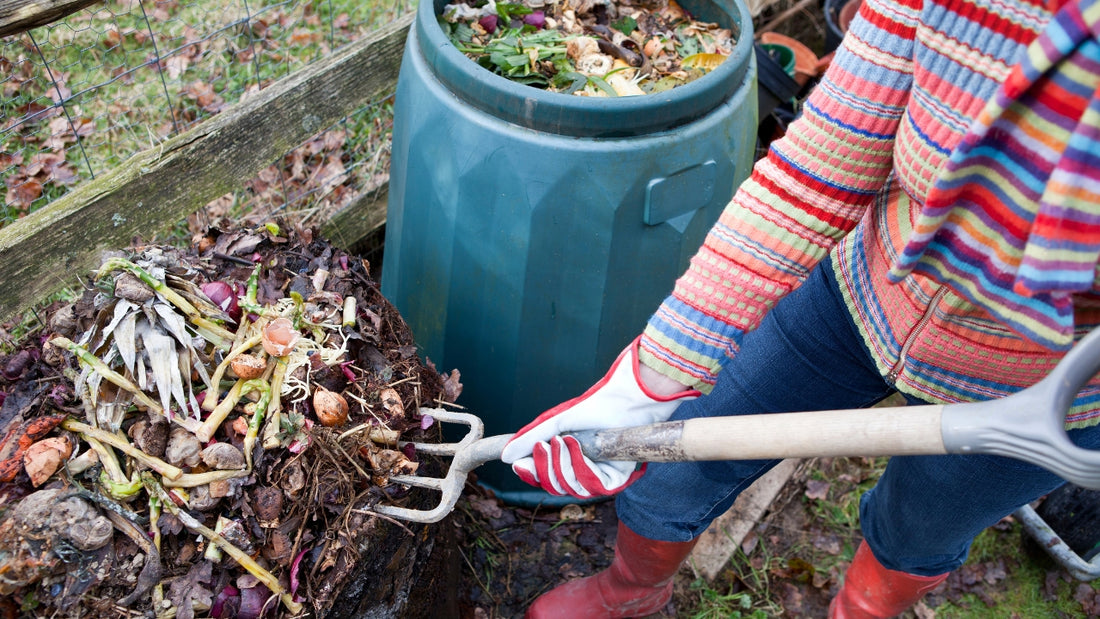
DIY Organic Fertilizers: Create Natural Nutrients for a Thriving Garden at Home
Introduction: Why Make Your Own Organic Fertilizers?
In a world increasingly focused on sustainability and cost-effectiveness, making your own organic fertilizers at home is an excellent way to nourish your garden naturally. Not only does it save money, but it also allows you to recycle household waste, reduce your carbon footprint, and ensure that your plants receive natural, chemical-free nutrients. Let’s explore how you can create your own organic fertilizers with simple ingredients and methods that support a thriving garden.
1. Compost: The Ultimate Organic Fertilizer
Ingredients:
- Kitchen scraps (vegetable peelings, fruit scraps, coffee grounds)
- Yard waste (leaves, grass clippings, small branches)
- Manure (optional, for additional nutrients)
Method: Start by creating a compost pile or bin in your garden. Layer your kitchen scraps and yard waste, making sure to alternate between green materials (rich in nitrogen) and brown materials (rich in carbon). Turn the pile regularly to aerate it and speed up the decomposition process. Over time, the organic matter will break down into rich, dark compost, which you can mix into your garden soil to improve its structure and nutrient content.
Benefits: Compost adds essential nutrients, improves soil aeration and water retention, and enhances microbial activity, making it a cornerstone of organic gardening.
2. Earthworm Vermicompost: Enrich Your Soil Naturally
Ingredients:
- Earthworms (red wigglers or other composting worms)
- Kitchen scraps (fruit and vegetable peels, coffee grounds, eggshells)
- Bedding material (shredded newspaper, coconut coir, cardboard)
Method: Create a vermicomposting bin using a container with air holes for ventilation. Add bedding material to the bin and moisten it to create a comfortable environment for the worms. Introduce the earthworms to the bin and begin adding kitchen scraps for them to consume. As the worms process the organic matter, they produce nutrient-rich worm castings. Harvest the castings every few months by separating them from the bedding material and use them to enrich your garden soil.
Benefits: Earthworm vermicompost, or worm castings, is an incredibly rich source of nutrients and beneficial microbes. It enhances soil structure, improves fertility, and promotes healthy plant growth.
3. Homemade Manure Tea: A Nutrient-Rich Liquid Fertilizer
Ingredients:
- Well-aged manure (cow, horse, or poultry)
- Water
Method: Fill a large container with water and add a generous amount of aged manure. Let the mixture steep for a week, stirring occasionally. Strain the solids out, and dilute the liquid fertilizer to a 1:10 ratio with water. Use this manure tea to water your plants, providing them with a quick and effective nutrient boost.
Benefits: Manure tea is rich in nitrogen, phosphorus, and potassium, which are essential for healthy plant growth and flowering.
4. Eggshell Fertilizer: Calcium Boost for Your Plants
Ingredients:
- Crushed eggshells
Method: Collect and clean eggshells, allowing them to dry completely. Crush the shells into a fine powder using a mortar and pestle or a blender. Sprinkle the powder directly into your garden soil or mix it into the planting holes for individual plants. Alternatively, soak crushed eggshells in water for a few days and use the water as a calcium-rich plant spray.
Benefits: Eggshells are an excellent source of calcium, which is vital for strong cell walls in plants and helps prevent blossom end rot in tomatoes and peppers.
5. Banana Peel Fertilizer: A Potassium Powerhouse
Ingredients:
- Banana peels
Method: Cut banana peels into small pieces and bury them in the soil around your plants. As they decompose, they release potassium, phosphorus, and other trace minerals into the soil. Alternatively, you can soak banana peels in water for a few days and use the liquid as a potassium-rich fertilizer for watering your plants.
Benefits: Banana peels provide an excellent source of potassium, which helps improve plant vigor, root development, and resistance to diseases.
6. Epsom Salt Fertilizer: Magnesium for Healthy Leaves
Ingredients:
- Epsom salt
- Water
Method: Dissolve two tablespoons of Epsom salt in a gallon of water. Use this solution to water your plants or apply it as a foliar spray. Epsom salt is rich in magnesium and sulfate, which are crucial for photosynthesis and overall plant health.
Benefits: Magnesium promotes chlorophyll production, enhancing leaf greenness and boosting energy for plant growth.
7. Coffee Ground Fertilizer: Boosting Nitrogen Levels
Ingredients:
- Used coffee grounds
Method: Collect used coffee grounds and sprinkle them directly onto the soil around your plants or mix them into your compost pile. Coffee grounds are slightly acidic and rich in nitrogen, making them ideal for acid-loving plants like tomatoes, roses, and blueberries.
Benefits: Coffee grounds provide a nitrogen boost, improving soil structure and encouraging beneficial microorganisms.
Conclusion: Transform Your Garden with Homemade Organic Fertilizers
Creating your own organic fertilizers at home is not only a sustainable and cost-effective practice but also an excellent way to recycle waste and support plant health. By incorporating these DIY organic fertilizers into your gardening routine, you can enhance soil fertility, promote healthy plant growth, and contribute to a more eco-friendly environment. Start experimenting with these simple recipes and watch your garden flourish.
